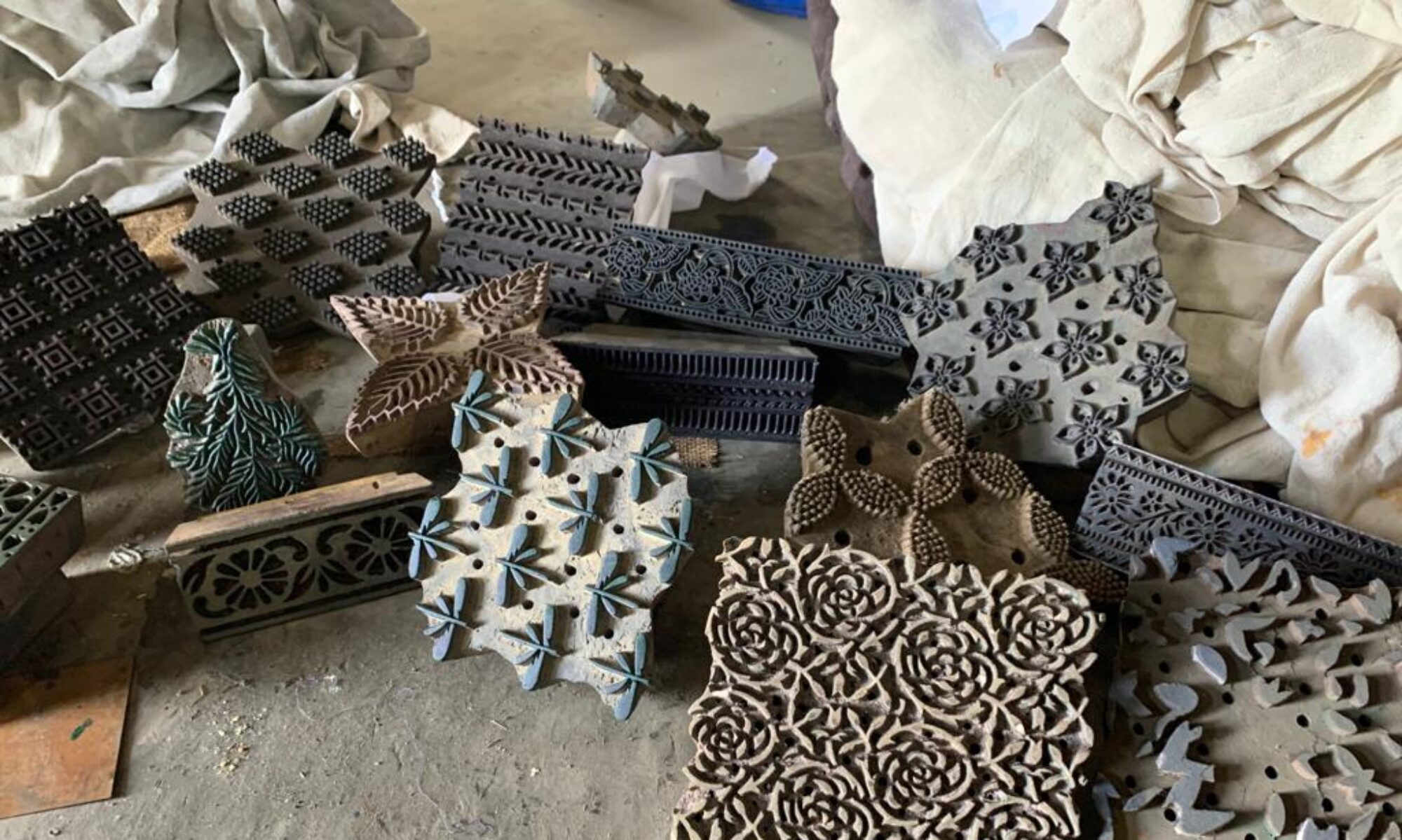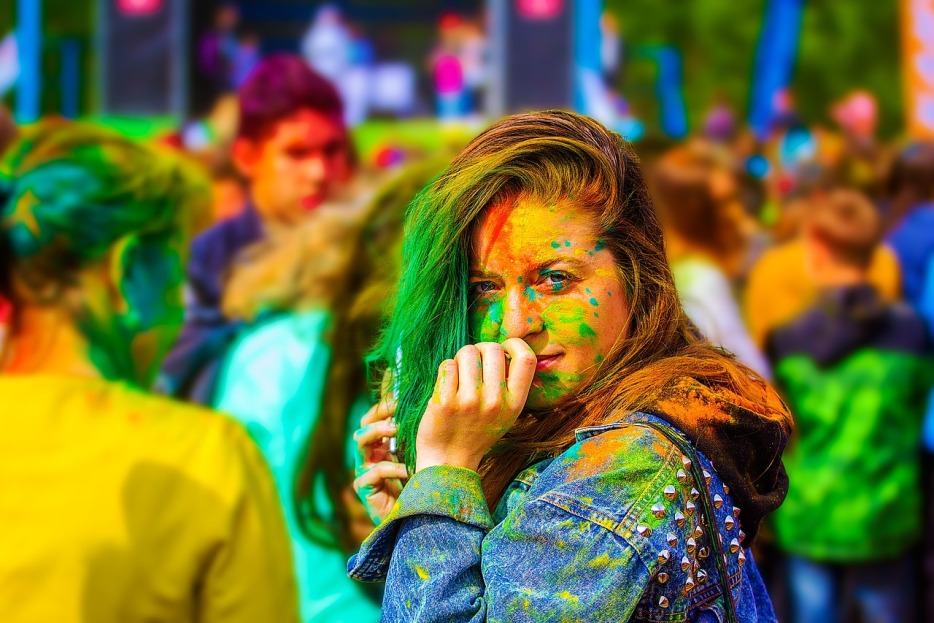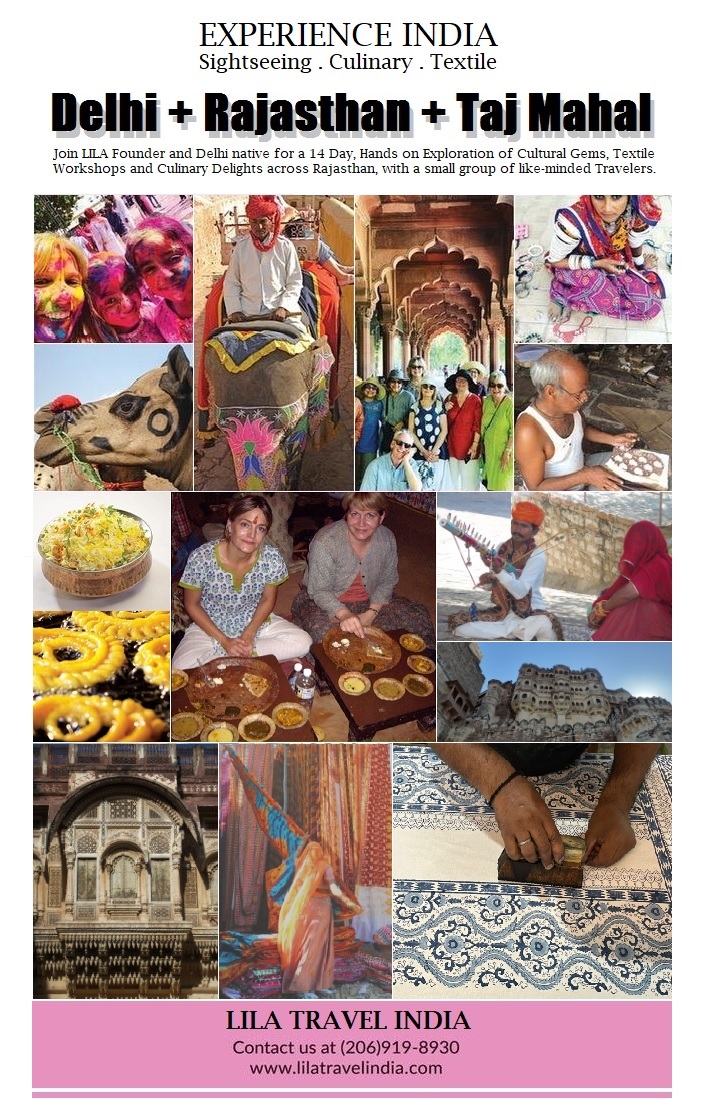India is a country of diverse cultures, religions, and traditions. The northern region of India is no exception to this diversity. It is home to some of the most popular and vibrant festivals that attract tourists from all over the world. These festivals are celebrated with great enthusiasm, and each has its unique significance. In this blog, we will discuss some of the most important festivals of North India, their timing, and their significance.
Holi
Holi is another popular festival celebrated in North India. It is a spring festival, usually in March, and signifies the victory of good over evil. The festival is celebrated by throwing colored powder and water at each other, dancing, and singing. It is a time for forgiveness and renewing friendships. People also prepare special dishes like gujiyas and thandai for the occasion.
Dussehra
Dussehra, also known as Vijayadashami, is a festival celebrated in October or November. It signifies the victory of good over evil, specifically the victory of Lord Rama over the demon king Ravana. The festival is celebrated with the burning of effigies of Ravana, Kumbhakarna, and Meghanad, and involves performances of Ram Lila, a reenactment of Lord Rama’s life. It is also a time for family gatherings, feasts, and celebrations.
Diwali
Diwali, also known as the festival of lights, is the most popular festival in India. It is celebrated in October or November and signifies the victory of light over darkness, good over evil, and knowledge over ignorance. The festival is celebrated with great enthusiasm and involves the lighting of diyas or lamps, firecrackers, sweets, and decorations. People clean their houses and buy new clothes for the occasion. It is also a time for family gatherings and exchanging gifts.
Teej
Teej is a festival celebrated by women in North India, usually in August or September. It is a festival that celebrates the love and devotion of Lord Shiva and Goddess Parvati. Women dress up in colorful clothes, apply henna on their hands, and celebrate with songs and dances. It is also a time for fasting and offering prayers to the deities.
Lohri
Lohri is a festival celebrated in January, usually in Punjab and Haryana. It marks the end of winter and the beginning of the harvest season. The festival is celebrated by lighting a bonfire, dancing, and singing. People offer prayers to the god of fire and distribute sweets and other food items.
Baisakhi
Baisakhi is a festival celebrated in Punjab and other parts of North India, usually in April. It marks the beginning of the Sikh New Year and the harvest season. The festival is celebrated with great enthusiasm and involves the wearing of colorful clothes, dancing, and singing. People also prepare special dishes like chole bhature, sarson ka saag, and makki ki roti for the occasion.
Janmashtami
Janmashtami is a festival celebrated in August or September, marking the birth of Lord Krishna. The festival is celebrated with great enthusiasm and involves the decoration of temples and homes, fasting, and offering prayers to Lord Krishna. People also prepare special dishes like kheer, panjiri, and laddoo for the occasion.
Raksha Bandhan
Raksha Bandhan is a festival celebrating the bond between brothers and sisters. It is celebrated in August and involves the tying of a rakhi or sacred thread by the sister on her brother’s wrist, symbolizing the brother’s promise to protect and care for his sister. The festival is celebrated with sweets, gifts, and family gatherings.
Planning a Holiday in India? Experience India’s textile heritage and culinary delights on our immersive tours with Lila Travel India.
Come, join us on a magical Culture Culinary Craft Tour of Rajasthan India – Experience India’s textile heritage on immersive tours by Lila Travel India – Led by Delhi Native based in Seattle USA – https://lilatravelindia.com/culture-culinary-textile-tour-of-rajasthan/
#culturaltourrajasthan #culinarytourindia #textiletourindia #luxurytoursindia #rajasthan #india #lilatravelindia


